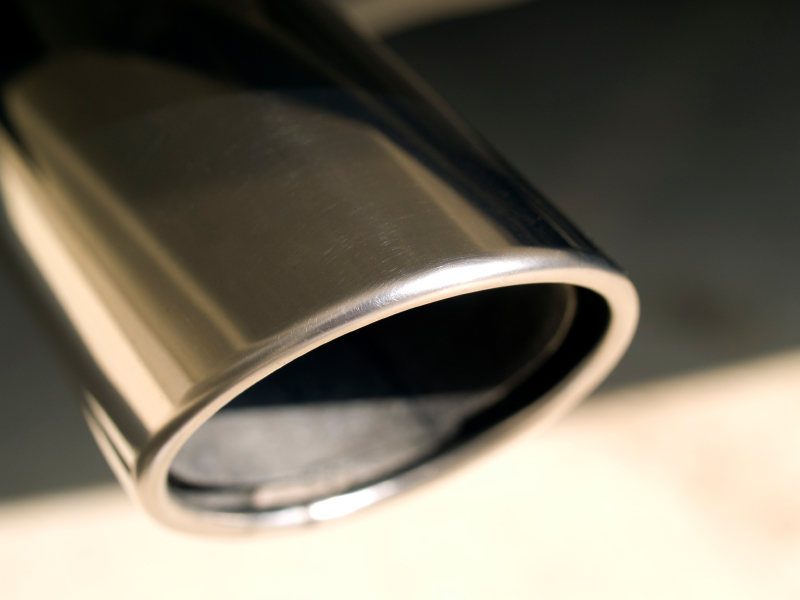European countries continue to assess more aggressive policies that favor or mandate zero-emission vehicles to move away from fossil fuels for transportation.
Last year, a recommendation passed by the Dutch senate proposed The Netherlands join Norway in banning the sale of new cars powered solely by internal-combustion engines after 2025.
That measure received no followup from the government, and hence did not become law.
DON'T MISS: Netherlands joins Norway in plans to end new gas, diesel car sales
Now, the Dutch government has proposed a policy toward the same goal, though on a less aggressive schedule than Norway: All new vehicles sold in the Netherlands must be zero-emission by 2030.
While that proposal has not yet become law, it is thought to have a good chance of passing under the terms of an agreement between the political parties that formed a new coalition government last fall.
The new Dutch government's plans for a follow-up to the initial policy were spelled out within its agenda for "mobility and passenger transport" actions.

2018 Mini Cooper S E Countryman All4 plug-in hybrid, Catskill Mountains, NY, July 2017
The move departs from the measure passed in April 2016 by the Tweede Kamer, or Dutch senate, by giving carmakers more time to convert their lineups in the country to battery-electric or hydrogen fuel-cell vehicles.
That senate recommendation, however, would have continued to permit sales of hybrid-electric vehicles with engines as part of their powertrains after 2025.
Holland's proposed 2030 ban on sales of vehicles with engines arrives shortly after the city of Paris announced it plans to phase out all fossil-fuel-powered cars operating in the city that year.
READ THIS: Ahead of France, Paris to phase out internal-combustion engines by 2030
Paris City Hall carefully avoided the word "ban" in its announcement, presenting its plan as a feasible period in which it would be possible to phase out cars powered by an internal-combustion engine.
France itself had earlier announced plans to ban the sale of new cars powered by fossil fuels in 2040, but it has not so far announced a move to ban the internal-combustion engine outright that would parallel the one in its capital city.
The United Kingdom followed France with its own 2040 ban implementation and two very significant Asian countries are planning their own timelines, notably India and China.

Chrome exhaust pipe
The world's largest car market, China, announced in September that it plans to ban sales of cars with combustion engines at a year in the future that is still being determined.
With sales of more than 30 million vehicles a year, China represents one-third of the world's new-vehicle sales, so its move will have a huge impact on global vehicle mix and the future availability of battery-electric vehicles.
In North America, no government has proposed such legislation—yet. However, California Assemblyman Phil Ting plans to introduce legislation in January 2018 to ban the sale of internal-combustion engines within the state by 2040.
CHECK OUT: Norway's Goal: All New Cars Will Be Emission-Free By 2025 To Cut Carbon
Ting hasn't made details on the legislation public yet, but it would be the first rule of its kind in North America.
Back in The Netherlands, the new Dutch government said it plans to make 4 billion Euros available to continue its transition to renewable energies. It will also close all coal power plants by 2030.
Under the national climate agreement in place, the Dutch now plan to reduce the country's carbon emissions by 49 percent that year.
EDITOR'S NOTE: Based on a combination of misreporting by an English-language source and apparent mis-translation of articles from Dutch media, this article originally said The Netherlands aimed to remove all vehicles with combustion engines from its roads by 2030 following a 2025 ban on sales of new cars with combustion engines. As readers Marc Blom and John Briggs pointed out, that was inaccurate. We have comprehensively revised this article, and a previous one from April 2016, to reflect the country's goal of a ban on sales of such cars by 2030.
_______________________________________













